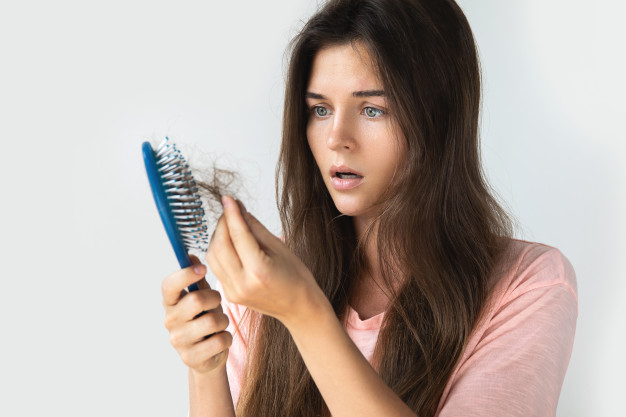There are lots of studies about psychological effects of hair loss on individuals. The feeling of vulnerability, decreased self-esteem, causing mood disturbances and an impaired self-image is just a few of them. In fact, this train of negative outcomes have a long-lasting effect and are not easily relieved.
Even if people adapt alternative ways, its impact continues over the years as follow up studies that both psychologists and dermatologists did display. Unfortunately, all these feelings and thoughts trigger the depressive state of individuals and may even lead to it. Since it is a condition that changes how we look, there are four negative psychological effects of it.
1) Quality of Life
Studies show that people who suffer from hair loss have a greater sense of vulnerability than people who do not have such problems. In addition to that, these people are more likely to have an increase in the prevalence of depression and they are not very pleased with their current consultations.
They think that their physicians are not concerned and sensitive to their problem, do not support them. They report that their self-confidence decreases, and they constantly try to hide their hair loss. All of these alterations bring about a huge reduction in the quality of life of the sufferers.
2) The Anxiety of Hair Loss
Anxiety and stress will accelerate the process of hair loss but sadly, hair loss itself lead to anxiety and stress. Research conducted with alopecia patients (a disease with chronic hair loss) displayed that hair loss give rise to social anxiety.
Even patients without social anxiety prior to hair loss demonstrate social anxiety symptoms like avoiding from social events, fear of being judged by someone and whether others see their hair loss, feeling of embarrassment, performance fears etc. They also experience sweating, fast breathing, and flushing etc. as the physiological changes of anxiety.
3) Self-esteem and Extraversion
Psychological research conducted revealed that as hair loss increases self-esteem decreases. This relationship applies mostly to young people than old people. Thus, young people with hair loss problems are at more danger.
In addition to that, psychologists found that people with hair loss problems and again particularly young people suffer from introversion and not much likely to be social.
They also showed high depressive symptoms and has a strong feeling of unattractiveness. Consequently, individuals with hair loss problems are at great danger in terms of psychological well-being and barriers to social life.
4) The Distress of Hair Loss
A study conducted with four European countries pools the variety of correlates of hair loss psychologically. This investigation conducted with men reveals that men with hair loss have a considerable dissatisfaction to their look and they think they seem older than they actually are. They also have feelings of helplessness and worry.
Distress about their appearance put high pressure on men and it causes concerns and dependence on others thought about their physical appearance. These impacts impair their social functioning and satisfaction with their life. Fortunately, hair loss does not impact sufferers career.

